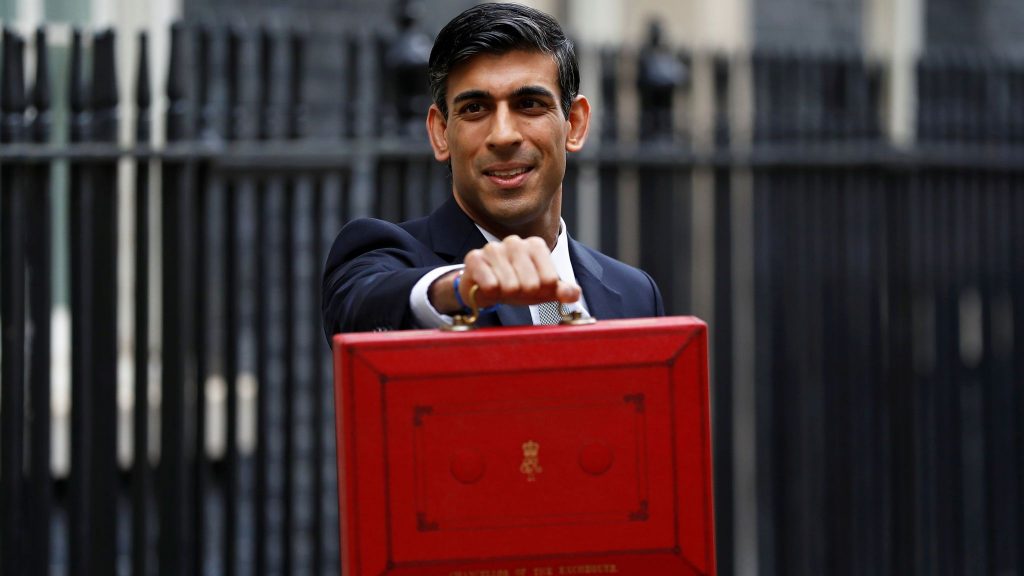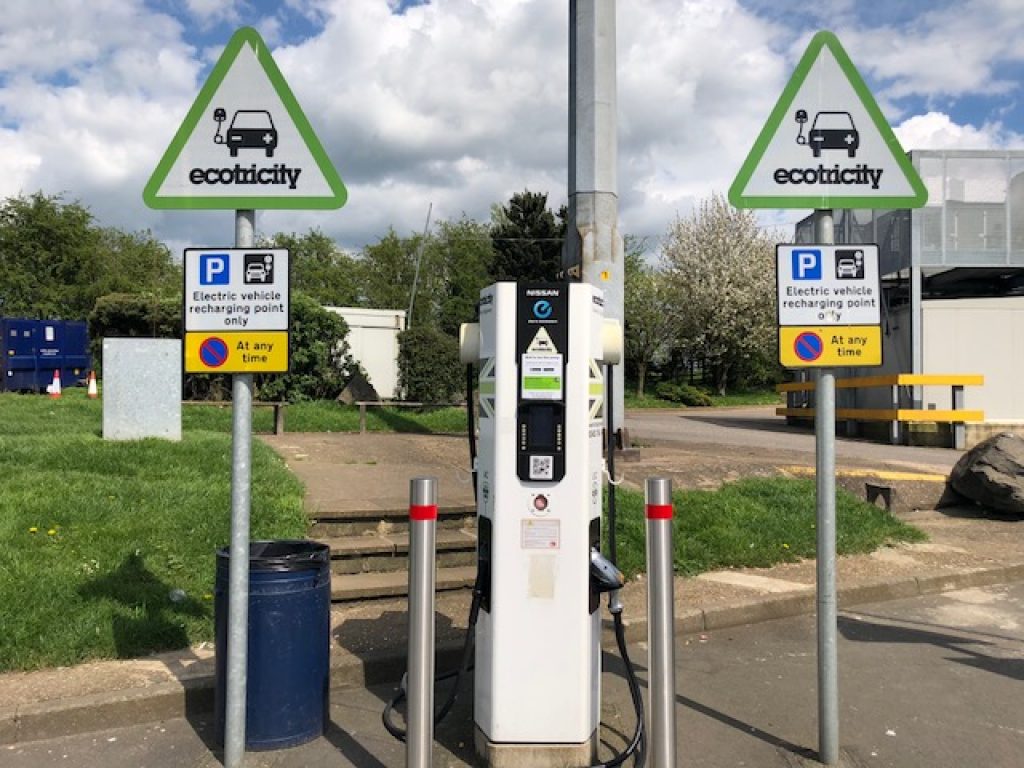

In todays budget the chancellor announced a cut in the new electric car purchasing grant. The grant will be reduced from £3,500 to £3,000 from midnight 11 March 2020. In addition cars costing £50,000 will be excluded. The grant will be extended until 2022/23 and cost the government £403m. However the government stated it will keep the level of grant under review.
On a positive note the chancellor confirmed the exemption of zero emission cars from the Vehicle Excise Duty (VED) ‘expensive car supplement’ – an additional tax added to cars priced over £40,000. The Government is also publishing a call for evidence to explore how VED can be used to encourage EVs and reduce overall vehicle CO2 emissions. EVs under £40,000 continue to attract no VED.
Infrastructure

The chancellor did not forget about the infrastructure for EVs with £500 million being set aside to support the roll-out of new rapid charging hubs so that drivers will be ‘never more than 30 miles away’ from a rapid charger. A further £1 billion is to be invested in green transport solutions, more details to follow.
Industry Comment
The Society of Motor Manufacturers and Traders (SMMT) chief executive, Mike Hawes, stated: “we are pleased to see the Chancellor find room in his Budget to help make zero emission motoring a more viable option for more drivers – essential if we are to begin to meet extremely challenging environmental ambitions.
“The continuation of a plug-in car grant is an essential step in the right direction and, alongside the removal of the premium car surcharge on VED and reduction in company car tax for these vehicles, as well as a strategic review of national charging infrastructure requirements, should help encourage consumers and support the beginnings of a market transition.”
He further added: “Of course, much more needs to be done to maximise the opportunities as we transition the UK market and industry to new technologies, and the promised spending review will be a crucial moment for government to set out a long term vision for transport decarbonisation and industry investment in the UK.”
Fuel Duty
Unfortunately the chancellor continued the freeze in fuel duty. This could have been used as a stick to encourage the switch car buyers to EVs, especially as the size of the carrot has been reduced.




